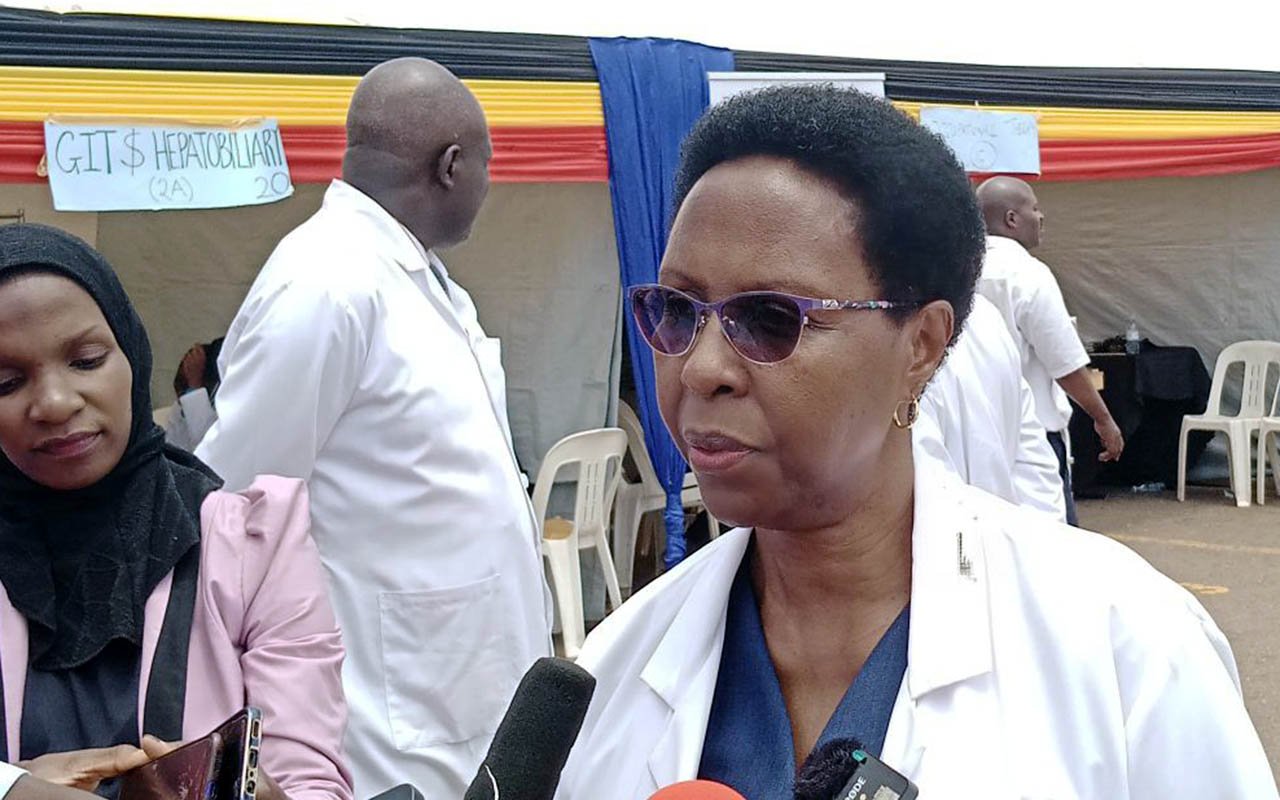Philippines' ex-president 'Noynoy' Aquino dies

Former Philippine president Benigno "Noynoy" Aquino. PHOTO/FILE/COURTESY
What you need to know:
- After cremation, the urn containing his remains will be displayed for a one-day public viewing Friday at a Manila university where he earned an economics degree in his youth, Aquino's spokeswoman said.
Former Philippine president Benigno "Noynoy" Aquino, the reserved scion of one of Asia's most famous political families, died Thursday from kidney failure. He was 61.
Aquino, who was in office from 2010 to 2016, was the only son of the late former president Corazon Aquino and her assassinated husband, senator Benigno "Ninoy" Aquino, both revered for leading the struggle to restore democracy in the archipelago nation.
President Rodrigo Duterte declared a 10-day period of national mourning to honour his predecessor and critic, with the Philippine flag to be flown at half-mast on all government buildings and facilities in the country and abroad.
After cremation, the urn containing his remains will be displayed for a one-day public viewing Friday at a Manila university where he earned an economics degree in his youth, Aquino's spokeswoman said.
"Let us all take this opportunity to unite in prayer and set aside our differences as we pay respects to a leader who has given his best to serve the Filipino people," Duterte said in a statement.
He praised the Aquino family's "legacy of offering their lives for the cause of democracy".
Aquino "died peacefully in his sleep", said Pinky Aquino-Abellada, one of his four sisters. He suffered kidney failure and also had diabetes.
"No words can express how broken our hearts are and how long it will take for us to accept the reality that he is gone," said Abellada, reading from a statement outside the mortuary where her brother's body had been taken.
"Noy, mission accomplished."
Foreign Secretary Teodoro Locsin tweeted that Aquino was "brave under armed attack, wounded in crossfire, indifferent to power and its trappings, and ruled our country with a puzzling coldness but only because he hid his feelings so well it was thought he had none".
The US embassy in Manila offered its "deepest condolences".
Aquino, who was succeeded by populist strongman Duterte, waged an anti-corruption campaign during a term that ushered in key economic reforms.
Unusually for the conservative Catholic country, Aquino remained a bachelor throughout his life, though had relationships with a number of women.
Powerful family name
Aquino was born on February 8, 1960 to one of the country's wealthiest land-owning political families.
A latecomer to the presidential race in 2010, he declared his candidacy only after his mother's death from cancer the previous year had plunged the country into mourning, and demonstrated the power of the family name.
He made fighting corruption his mantra, capitalising on his family's clean reputation, and vowed to reduce the poverty afflicting a third of the population.
His administration delivered average annual economic growth of just over 6.0 percent, the highest since the 1970s, handing the country investment-grade status -- but poverty remained endemic.
Aquino, a product of the elite Ateneo de Manila University, was long mocked by opponents as a fortunately surnamed under-achiever with no administrative or business experience.
They also said he had little to show for the more than a decade he spent as a congressman and senator.
But the chain-smoking Aquino blossomed during the election campaign into a confident public speaker and the nation's leading critic of his predecessor, Gloria Arroyo, who was arrested for corruption after she left office.
The Aquino family name was stamped into Philippine political history through tragedy.
Military personnel shot dead "Ninoy" Aquino at Manila airport in 1983 as he returned from US exile to lead the democracy movement against dictator Ferdinand Marcos.
The event shocked the world and ignited the non-violent "People Power" movement that toppled Marcos. The martyred politician's widow, Corazon, led the revolution and succeeded Marcos as president in 1986.
Their son and future president had a bullet lodged in his neck -- one of five that struck him when rebel soldiers attacked the presidential palace in 1987 in a coup attempt against his mother.
Unlike Duterte, Aquino put the Philippines' long-running dispute with China over competing claims to the South China Sea at the top of his foreign policy agenda.
He launched a landmark case with a UN-backed tribunal to challenge Beijing's claims to most of the sea, which ruled in favour of the Philippines.
But Beijing rejected the decision.





